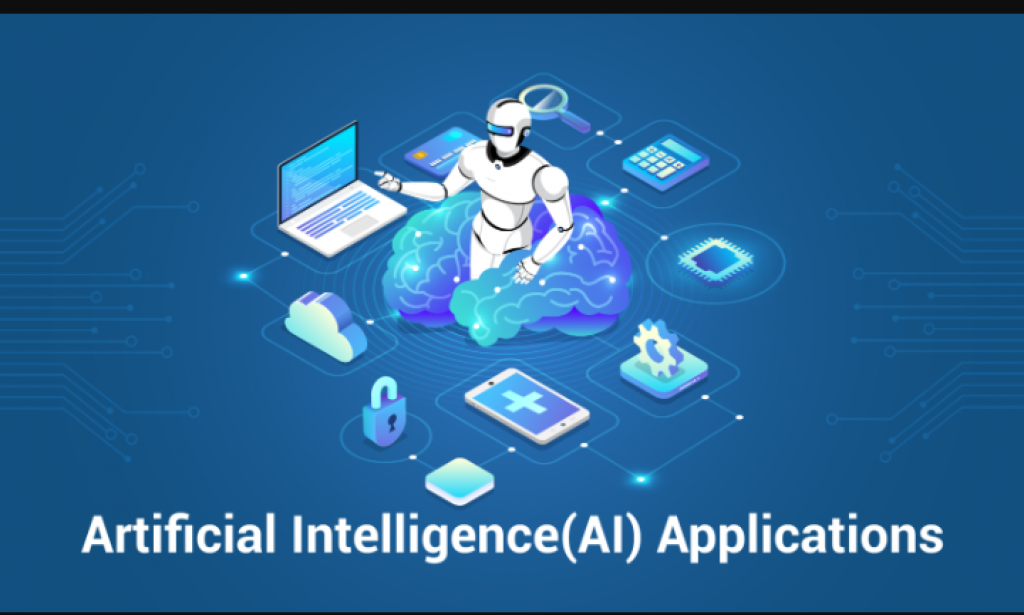Artificial Intelligence (AI) has rapidly evolved from a futuristic concept to a transformative force impacting nearly every sector today. From healthcare and finance to retail and transportation, AI technologies are reshaping how businesses operate, improving efficiencies, and opening up new possibilities for solving real-world challenges. At its core, AI enables machines to mimic human intelligence, making decisions, recognizing patterns, and learning from data at a speed and scale that surpasses human capability. The impact of AI is profound, and as industries continue to harness its potential, it's clear that AI will play an even greater role in our everyday lives.
One of the most impactful applications of AI is in healthcare, where it is transforming diagnostics, treatment, and patient care. AI algorithms analyze medical imaging data with remarkable accuracy, aiding in the early detection of diseases such as cancer. Additionally, AI-driven systems can monitor patient vitals and predict potential health issues, enabling proactive healthcare. Moreover, personalized medicine is now more achievable with AI, as it tailors treatments based on an individual’s genetic makeup and health history, enhancing the effectiveness of care.
The financial sector has also seen significant benefits from AI integration, especially in areas of fraud detection and customer service. By analyzing patterns in transaction data, AI systems can identify unusual activities and flag potential fraud almost instantly, providing a level of security that was previously unattainable. Additionally, AI chatbots and virtual assistants have transformed customer service by offering 24/7 support, personalized advice, and immediate responses, greatly improving customer experience and satisfaction.
Retail and e-commerce are experiencing a revolution powered by AI through personalized recommendations and enhanced customer insights. Machine learning models analyze customer browsing habits, purchase history, and preferences to provide tailored product suggestions, creating a more engaging shopping experience. Inventory management has also improved, as AI helps forecast demand and optimize supply chains, reducing waste and ensuring products are available when needed.
In the transportation sector, AI is paving the way for autonomous vehicles and smarter logistics. Self-driving cars, although still in development, rely on complex AI algorithms to interpret real-time data from sensors and cameras, making split-second decisions to navigate roads safely. AI also optimizes logistics by predicting the fastest routes, managing traffic flows, and ensuring that goods are delivered efficiently. These innovations are expected to reduce traffic congestion, improve safety, and lower transportation costs.
Finally, AI is making strides in agriculture and environmental sustainability. Precision agriculture uses AI-powered drones and sensors to monitor crop health, optimize watering schedules, and predict yields, helping farmers make more informed decisions. Environmental scientists leverage AI to analyze vast amounts of climate data, model ecosystem changes, and propose solutions to mitigate environmental degradation.
AI’s applications in real-world settings are both expansive and transformative. As we continue to develop and refine these technologies, AI promises not only to drive economic growth and productivity but also to address some of society’s most pressing issues, from healthcare disparities to climate change. The future of AI in real-world applications is bright, holding vast potential for improving quality of life, sustainability, and economic prosperity on a global scale.


You must be logged in to post a comment.